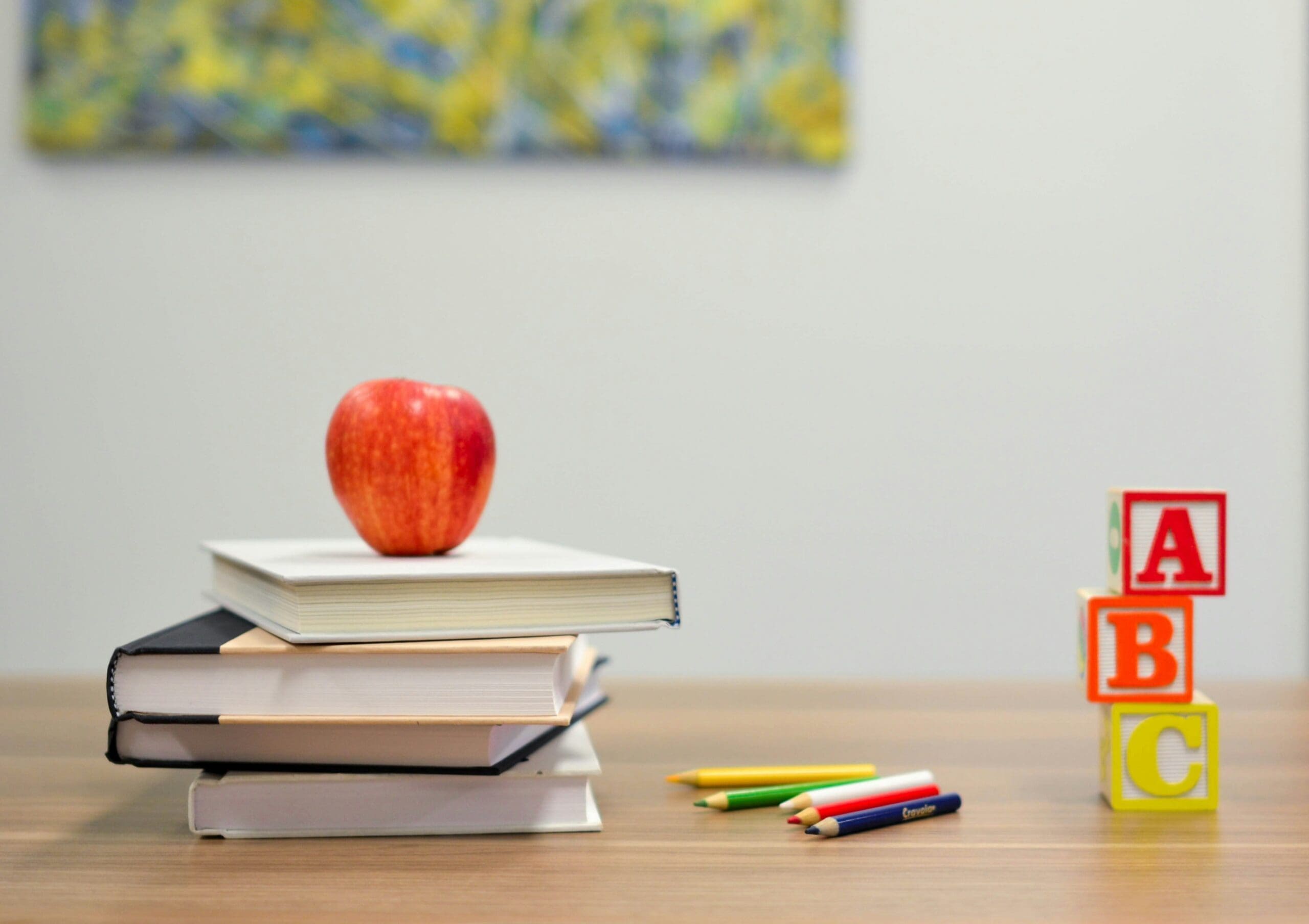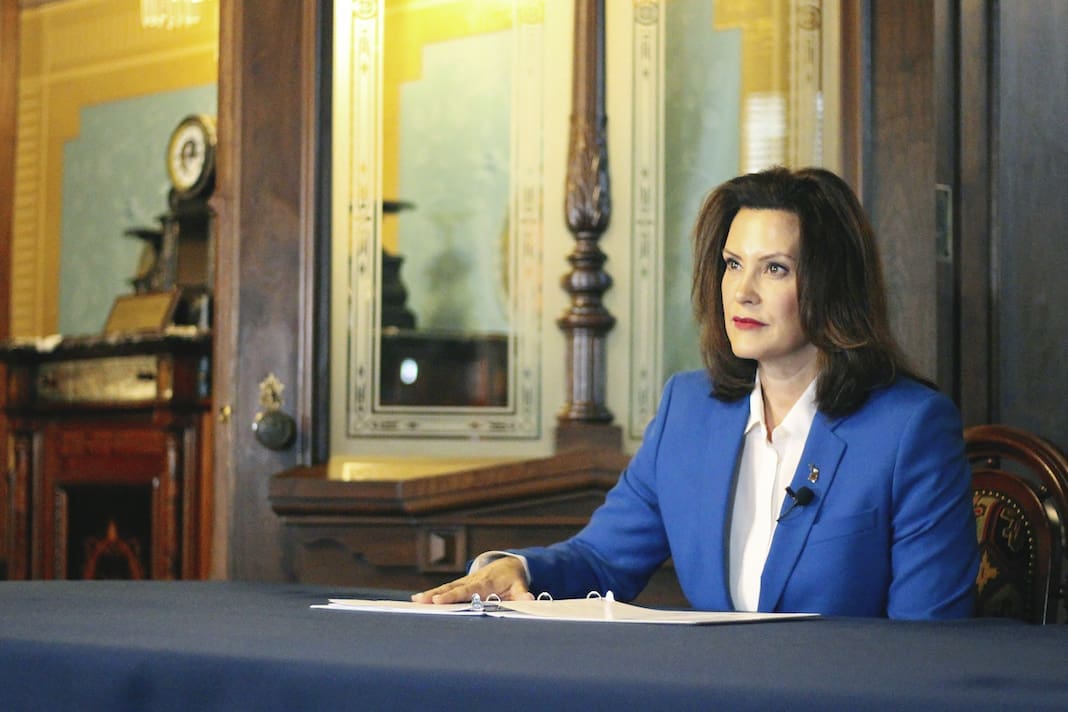Here’s how one Michigan school is helping its students recover from the pandemic
Hugh Clarke, principal of Brimley Elementary School in Michigan’s Upper Peninsula, said the school has improved student learning affected by the pandemic by focusing on the whole child.

Along the shores of Lake Superior in Michigan’s Upper Peninsula, one rural school has emerged as a success story in dealing with the effects of the coronavirus pandemic on education.
While students in Michigan and the nation have struggled academically since the COVID-19 pandemic began in 2020, Brimley Elementary School has improved student learning by focusing on the whole child, said Principal Hugh Clarke. For this Chippewa County school, this includes incorporating a combination of methods that include extended learning time and mental health support for the students.
Signs of Brimley students’ positive growth first appeared when the state conducted its 2021-2022 Michigan Student Test of Educational Progress (M-STEP), the first year the test had been conducted since the pandemic began. According to Education Trust–Midwest, a research and advocacy nonprofit, Brimley’s third and sixth graders exceeded statewide scores in both English language arts and math, as did the school’s fifth and eighth graders in English language arts and fourth graders in math.
Education Trust–Midwest recognized Brimley as one of its 2023 Building the Hope Schools, a cohort of Michigan public schools with high percentages of underserved student populations — Brimley’s student body is majority Native American — that have demonstrated high rates of proficiency in state testing compared to the overall state average. Education Trust–Midwest also commended Brimley for teaching students a culturally relevant curriculum, stating that it contributes to student achievement by allowing students to see themselves reflected in what they learn.
“As educators and parents across the nation and world work tirelessly to ensure all students are recovering educationally from the pandemic, some Michigan public schools are demonstrating all students — of every imaginable background — can strive and learn at high levels despite great challenges at home and at school,” Mrozowski wrote to the Michigan Independent in an email. “The goal of these awards is to lift up schools that are doing well and to provide examples for other schools and districts across the state.”
Although Brimley has made strides in improving student learning, school officials are still working to ensure each student is brought up to speed after transitioning back into the classroom full-time.
For the last three years, Clarke said, Brimley has taken steps to provide additional instruction for students in order to make up for all the lost time during remote learning. With the help of grants, they’ve beefed up their after-school learning program, extended summer school through July, and incorporated reading intervention for every kindergartner and first grader.
Reading interventions were typically used with children who were struggling to read, but after the school hired another interventionist, they ensured each kindergartener and first grader received a one-on-one reading session every day for 30 minutes, regardless of their reading abilities.
“We’ve seen great results of that during the school year, but we knew that we weren’t going to come out of this very well if we didn’t find a way to extend the day or to extend the year because any teacher will tell you we’re up against the grind to hit the standards in a normal year,” Clarke said. “Now, when we’re trying to fill gaps, it’s very difficult.”
Because of the school’s success with the additional instructional time, Clarke said, they began using a program called MyPath this year, which creates individualized learning plans to ensure each student’s academic needs are being met.
While trying to help students recover from the pandemic academically, Clarke said, the school has also seen a huge increase in the need for mental health support for students.
The district implemented a three-tier system to address each student’s individual mental health struggles. The first tier uses positive reinforcement for all students, who can receive tickets to attend a special student breakfast or lunch as a reward for good behavior. The second tier is focused on “zones of regulation,” Clarke said, a program in which the school’s social workers help teach the students about how to recognize what emotions they are feeling and how to communicate those feelings effectively. Tier three is for the students who need the most support, and they can be set up with a one-on-one adult mentor or with specialist services.
“It’s just attacking it the same way we do academics, putting it on the same level of importance,” Clarke said.
As a result of the pandemic, schools officials at Brimley learned that they need to continue to push methods like early intervention and individualized support, he noted: “Our goal shouldn’t be just to recover from the pandemic; our goal should be to continue to push things that work.”




